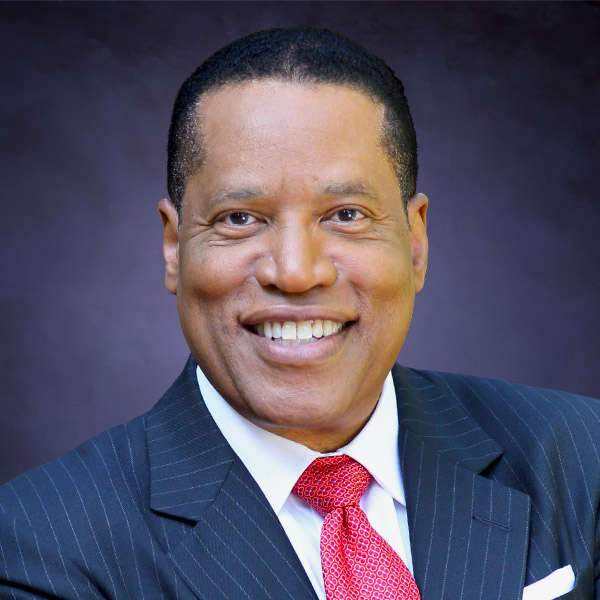
After TML Exposé, Damascus Orders Nationwide Audit of Investment MOUs
A presidential directive orders ministries to file progress reports, void dormant pacts, and route resources toward projects that show verifiable movement
By Rizik Alabi/The Media Line
[Damascus] Less than 24 hours after The Media Line reportedgaps and shadowy files tied to newly announced investmentmemorandums of understanding (MOUs) in Syria, theGeneral Secretariat of the Presidency of the Syrian ArabRepublic issued an official directive instructing all ministriesto audit every MOU signed with local and international firms,assess real-world progress, and report back on deadlines. Themove, conveyed through official and local media, sets ahigher supervisory bar and puts the investment portfolio undertighter scrutiny.
According to the presidential guidance circulated by localoutlets, ministries must file detailed implementation reportsfor each MOU. Any memorandum showing no tangibleprogress by a specified date “would be considered null andvoid,” and the state “would not bear any financial or legalobligations toward it.” The clause signals that paper promisesface cancellation unless they advance into funded, scheduledprojects and imposes a strict time limit for the stage of“promises on paper.”
An official at the Ministry of Economy and Foreign Tradesaid the decision aims to separate viable deals fromplaceholders: “We want to ensure that every signedmemorandum translates into practical steps such as feasibilitystudies, implementation plans, and timelines. We are nolonger content with media numbers. This stage requires fulltransparency from all parties, local and international,” the official, who requested anonymity, told The Media Line.
He also said the directive was meant to protect the investmentclimate from “attempts at exploitation or deception,” castingthe review as a confidence signal to genuine investors.
MOUs are typically statements of intent, not bindingcontracts. In low-transparency settings without independentoversight, they can mask deals of questionable feasibility—orfront entities with scant registration and experience. Bycontrast, Saudi activity presents a different model: officialsannounced 47 agreements and MOUs totaling nearly 24billion Saudi riyals (about $6.4 billion), accompanied bydisclosed contracts, feasibility studies, high-level ministerialattendance during an investment forum, and follow-up steps.
Economist Dr. Ahmad Al-Salem told The Media Line that thepresidency’s action was “positive and necessary, but notsufficient on its own.” He warned: “When huge investmentfigures are announced without documentation, trust in theeconomic environment is lost. This negatively reflects on theexchange rate, on the confidence of international donors, andeven on the decisions of local investors. Any decline in trustmeans a rise in financing costs and difficulty in attractingforeign capital.” Al-Salem urged creation of an independentoversight mechanism from the moment each agreement issigned, and added: “Feasibility studies must be published infull, funding sources clarified, and spending mechanismsoutlined. This not only protects public funds but also preventsthe state’s resources from being drained into fictitiouscommitments. If we do not establish an institutional culture offinancial transparency, reconstruction will remain shrouded indoubt, and the announced figures will be seen more aspropaganda than reality.”
Attorney Rawan Hasni pressed for tighter disclosure rules.“Companies must be obliged to present public legal andfinancial documents, so that agreements do not turn into merefronts for money laundering or manipulation of publicresources,” he told The Media Line.
With reconstruction estimated between $250 billion and $500billion—spanning energy, water, transport, health, andeducation—the stakes are high. Officials signaled next stepscould include interim ministerial reports to sort durable dealsfrom fragile ones, cancellation of stagnant MOUs, referral ofsuspicious files to judicial and oversight bodies, and steeringfunds toward projects with verifiable progress. As a yardstickof success, experts say the state must deliver on publishingdocuments, creating an independent oversight mechanism,and turning serious agreements into tangible projects.Whether this becomes a lasting framework for transparency ora one-off response to media pressure will be tested in theweeks ahead.
Brought to you by www.srnnews.com

 Brazil’s Bolsonaro goes to hospital for the second time since his coup trial conviction
Brazil’s Bolsonaro goes to hospital for the second time since his coup trial conviction
 Al-Qaida-linked militants target fuel trucks in Mali in a blockade that could squeeze the economy
Al-Qaida-linked militants target fuel trucks in Mali in a blockade that could squeeze the economy
 Pope tells new US ambassador he is praying for Charlie Kirk and his family
Pope tells new US ambassador he is praying for Charlie Kirk and his family